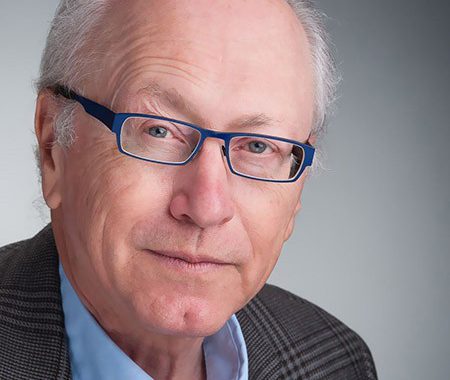DCI Lecture, Feb 14 2019, 4pm
Please join us for the next DCI Lecture on February 14 at the Bissell building, BL728 (7th floor), at 4pm. Light refreshments will be served. Prof. Feenberg will speak for about an hour, followed by a moderated Q&A period.
Andrew Feenberg is Canada Research Chair in Philosophy of Technology in the School of Communication, Simon Fraser University, where he directs the Applied Communication and Technology Lab. He has also taught for many years in the Philosophy Department at San Diego State University, and at Duke University, the State University of New York at Buffalo, the Universities of California, San Diego and Irvine, the Sorbonne, the University of Paris-Dauphine, the Ecole des Hautes Etudes en Sciences Sociales, and the University of Tokyo and the University of Brasilia. Dr. Feenberg is Directeur de Programme at the College Internationale de Philosophie for the period 2013-2019.
He is the author of Lukacs, Marx and the Sources of Critical Theory (Rowman and Littlefield, 1981; Oxford University Press, 1986), Critical Theory of Technology (Oxford University Press, 1991), Alternative Modernity (University of California Press, 1995), and Questioning Technology (Routledge, 1999). A second edition of Critical Theory of Technology appeared with Oxford in 2002 under the title Transforming Technology. Heidegger and Marcuse: The Catastrophe and Redemption of History appeared in 2005 with Routledge. Between Reason and Experience: Essays in Technology and Modernity appeared with MIT Press in 2010. The Philosophy of Praxis: Marx, Lukacs and the Frankfurt School was published by Verso Press in 2014. His most recent book, Technosystem: The Social Life of Reason, appeared with Harvard University Press in 2017. Translations of several of these books are available. Dr. Feenberg is also co-editor of Marcuse: Critical Theory and the Promise of Utopia (Bergin and Garvey Press, 1987), Technology and the Politics of Knowledge (Indiana University Press, 1995), Modernity and Technology (MIT Press, 2003), Community in the Digital Age (Rowman and Littlefield, 2004) and (Re)inventing the Internet (2012) . His co-authored book on the French May Events of 1968 appeared in 2001 with SUNY Press under the title When Poetry Ruled the Streets. He has also created the May Events Archive consisting of scanned documents from the events at the Simon Fraser University library http://edocs.lib.sfu.ca/projects/mai68/. With William Leiss, Feenberg has edited a collection entitled The Essential Marcusepublished by Beacon Press. A book on Feenberg’s philosophy of technology entitled Democratizing Technology, appeared in 2006. A second book appeared in 2017 entitled Critical Theory and the Thought of Andrew Feenberg. For more on these publications, see https://www.amazon.com/author/andrewfeenberg or consult his personal homepage at www.sfu.ca/~andrewf..
Abstract:
The Internet is unlike anything else in the history of technology that preceded its creation. It is neither a tool nor a machine, but a network. As such it is a new type of technical system. It resembles the telephone system in some respects, but it also has similarities to broadcast networks that distribute entertainment, shopping malls that distribute goods, and transportation systems insofar as it opens new “worlds” to its users. What is more, the users of the Internet take on new capacities and identities through their participation in the network, most obviously the unprecedented absorption in mediated social relations exemplified by Facebook. This talk will attempt to put some order in the understanding of the Internet in terms of three theoretical approaches, loosely interpreted to suit this new object. These approaches are actor network theory, the phenomenological concept of world, and Simondon’s concepts of individuation and concretization.

